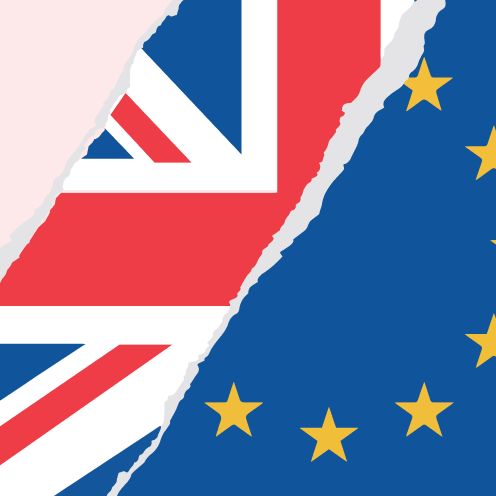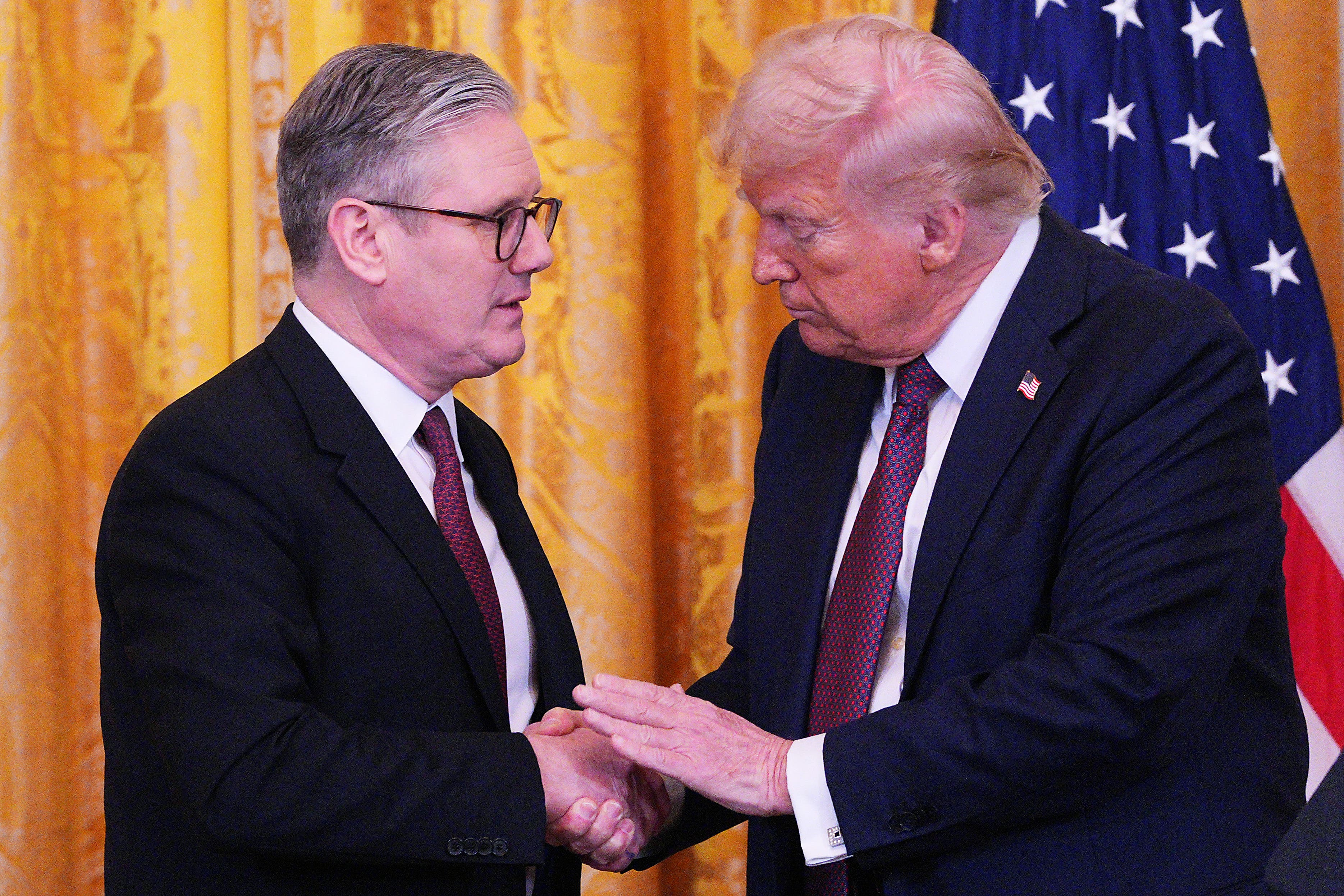Shorouk Express
Sign up to our free Brexit and beyond email for the latest headlines on what Brexit is meaning for the UK
Sign up to our Brexit email for the latest insight
Sign up to our Brexit email for the latest insight

When on 8 May Donald Trump and Sir Keir Starmer with their respective teams made an enormous show of signing a “big and beautiful” trade deal it was meant to show the rest of the world what could be done.
For Sir Keir there was the personal victory. Here was the UK — previously consigned to the back of the queue over Brexit by Barack Obama — now at the front of the line in getting a deal to deal with Trump’s tariffs.
In turn the US president wanted to show other countries what happens when a partner seriously engages in trade talks.
But roll on almost a month and the much vaunted deal has not come into effect. A question in the White House on Tuesday by The Independent’s Andrew Feinberg also emphasised that no MPs and not many other people have even seen the text of that famous deal.

The White House spokesman answered somewhat opaquely: “There’s most definitely text with this deal. There is language that this side has seen.”
But the lack of a public text does raise questions about whether anything substantive was agreed — and if it was only a convenient piece of theatre for two politicians who needed a boost for their falling ratings.
Instead, the UK was not about to get the zero per cent tariffs promised on steel but, along with the rest of the world, seeing those tariffs rise from a painful 25 per cent to a crushing 50 per cent.
Business secretary Jonathan Reynolds was back on Tuesday night for “intense talks” to sort them out. And by all accounts the talks were intense.
There was a great deal at stake. Not least the UK jobs linked with steel production and the precarious future of British Steel, recently taken into public control by the Labour government.
But politically there was something even bigger going on here — the issue was whether a deal signed by Trump has any meaning at all.
In some ways the US president had to give the UK a concession last night if only to underline that good actors who engage in honest talks and supposedly get a deal will be rewarded for their efforts.
With the EU, China, Canada and others all engaging in talks it would have said a lot that the first and only deal to be struck had proven not to be worth the paper it was written on (assuming there is some text somewhere).
Meanwhile, Sir Keir has to deal with the Tory line: “Every time Labour negotiates, Britain loses.”
There is a sense that the deals he is striking are not as good as they might be. Yet for a government which has had a dramatic slide in the polls the trade agreements with India, the US and EU are the most significant achievements Starmer can point to.
For both Starmer and Trump it is essential that they get their so-called deal to work. They now apparently have five weeks to sort it out. The clocking is ticking for British businesses — but also on the credibility of the two politicians.






















